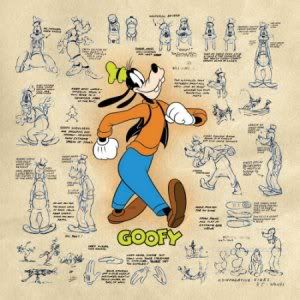
Eating vegetables is supposed to build one’s character, as is mowing the lawn. When we get older, we understand that when parents discuss building character, it’s short hand for long explanations of why it’s a good idea for us to eat something that’s nutritious but not as appealing as an ice cream sundae. Trying to establish a work ethic by doing chores before playing is a concept that might be lost on a child, hence the use of the phrase “it builds character.”
But when it comes to writing, how does one build a character that’s not going to fail?
I don’t mean failing in terms of succeeding in goal achievement within the story. Authors often set up their characters to fail in the course of the story, in order to generate drama or keep the plot interesting. What I mean, here, is making the character a success in terms of audience appeal and the ability of the reader to relate to the character.
I think in the past I have adequately covered what not to do when it comes to putting a character together. But just in case you’re unsure, here’s a couple resources that might help.
If after giving your character a name, appearance, occupation and motivation, you begin fleshing them out but start to wonder if you’re hitting too close to home or might be to derivative or overpowered, run them through these tests.
On a less flippant note, Orson Scott Card has a few things to say about characters that aren’t exclusive to science fiction. D.A. Houdek has written an essay on Heinlein’s Women and Jacqueline Carey talks a little about the characters in her Kushiel series in this interview. In fact, a few minutes’ searching on your favorite author in Google will probably find an article or interview discussing their characters and what makes them either believable or laughable.
What works best for me is starting with a character’s role. Are they a protagonist, the protagonist’s love interest, an antagonizing force or someone minor provided for background purposes? From there I think on motivations. What do they want to achieve and why? What do they care about? What makes them angry and what can’t they live without?
Having these things well established and working from there as a foundation is, I believe, far more important than how pretty a character is, the abilities they have or the trials they’re going to face. Anybody can put someone pretty in a story, give them cool powers or run them through a series of explosions. Making an audience care about them is something else again, and therein lies the true challenge for a storyteller.


0 comments